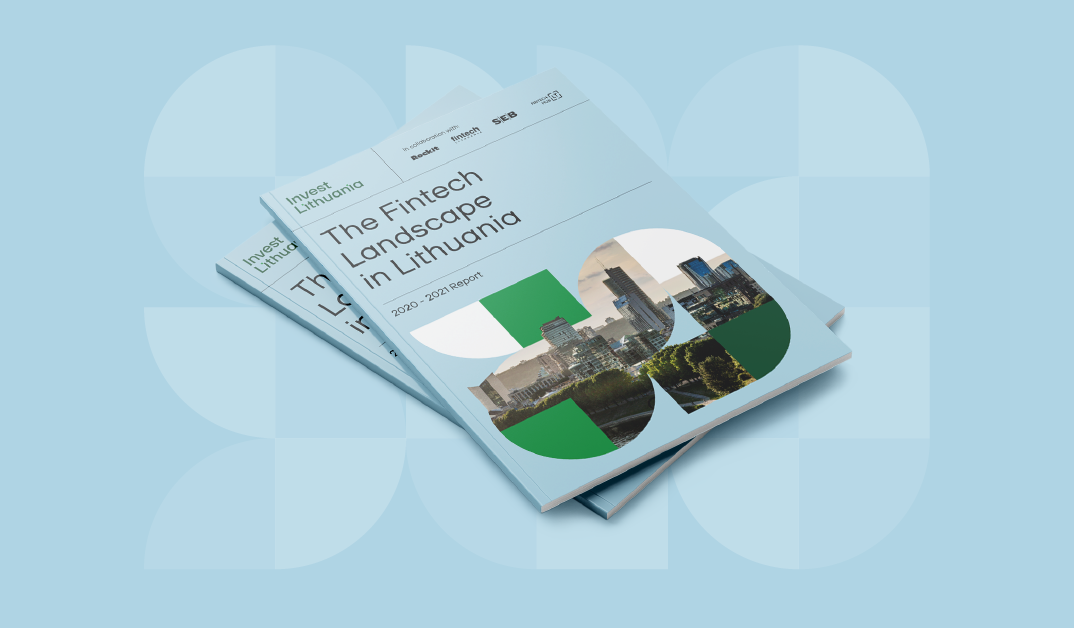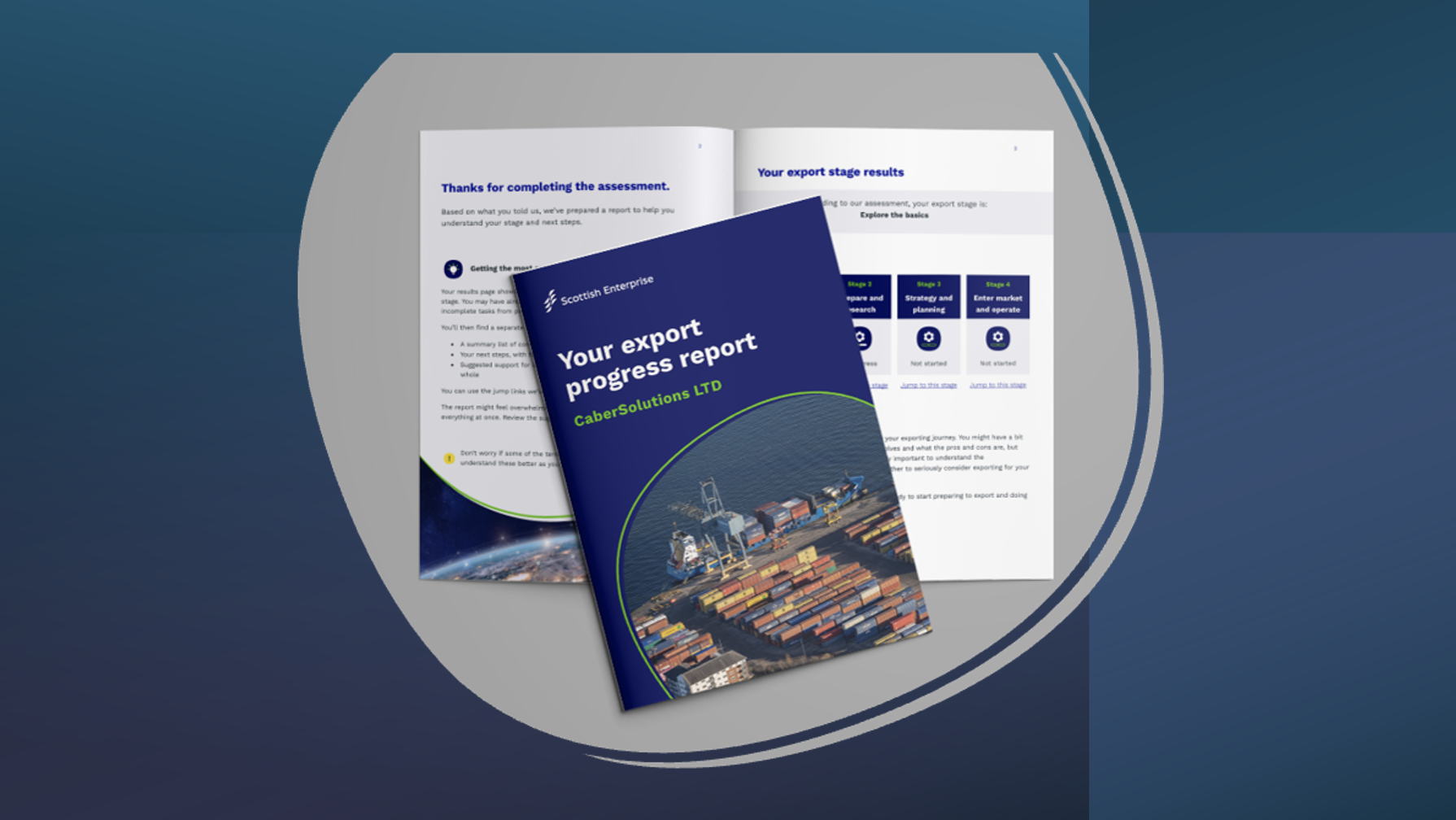Lithuania brings diversity, security and efficiency

Contending for the title of Europe’s Fintech hub, Lithuania has been working at improving its regulatory environment and growing a talented workforce for more than five years now. These efforts have not been in vain, as in 2020, the total number of Fintechs in the country already exceeds 230, having more than doubled since 2017. According to the Fintech Landscape Report 2020-2021, published by Invest Lithuania, there is a near 50/50 split between companies founded by Lithuanians and companies that came from elsewhere, including UK’s finest – Revolut, TransferGo, DiPocket, Curve Europe, and SumUp EU Payments. So, what is it that brings the Fintech boys (and girls) to the yard?
Licensed in Lithuania
As the Fintech sector and its adoption rate continue to grow, regulators in Europe see Fintech as a priority, not an afterthought.
“We have chosen to become a partner for the financial sector, promoting innovation and sustainable growth. One of the objectives of our Fintech policy is to strike the right balance between acknowledging and managing potential risks, while also enabling financial innovation,” says Marius Jurgilas, Board Member at the Bank of Lithuania.
In order to help international Fintechs establish themselves in Lithuania, the Bank of Lithuania changed its working language to English. In addition, a special newcomers programme was initiated to help businesses make better decisions and have a direct dialogue with the regulator before even opening a subsidiary in Lithuania. After setting up, companies get to test their solutions in a regulatory sandbox and can receive access to a proprietary blockchain platform (LBChain) and many novel RegTech solutions. Finally, there’s the Bank’s CENTROlink payments system, providing non-banking institutions direct access to around 50,000 banks and branches abroad. On average, more than 260,000 payments, the value of which exceeds 460 million EUR, are made daily through CENTROlink.
A license issued in Lithuania is passportable and opens the doors to the entire EEA. Due to a straightforward licensing process, Lithuania has become a leader in continental Europe when it comes to the number of electronic money and payment institutions issued. Over several years, the Bank of Lithuania has granted 5 special purpose bank licenses, more than 115 electronic money and payment institution licenses. 23 of “licensed in Lithuania” companies hail from the UK.
A community that never stops growing
Despite being a challenging year, 2020 was successful for a majority of Fintechs operating in Lithuania. 87% of the companies surveyed saw their revenue increase, and over a third saw their revenue more than double. Among the businesses with the highest revenue growth were Fintechs in the Compliance, Payments and Financial Software sub-sectors.
The country also saw new international names joining its vibrant community. These include SaaS banking platform Mambu, payment account aggregator Curve, one of the largest money transfer companies in the world Ria Financial, and automated loan provider Saldo Finance.
Lithuania might not be the biggest country in Europe, but it is leading the continent by the number of new ICT jobs created by international companies. It is also considered one of the most multilingual workforces in Europe, with the average number of languages spoken being 2.7. What makes this talent pool stand out is not just the quality, but also”¦ gender equality, as women comprise nearly 50% of it. And its not just the entry-level positions were talking about! 63% of the Fintechs surveyed have at least one female executive. Having such healthy ratios is not surprising, as more than 55% of all scientists and engineers in Lithuania are women.
AML by design
Last year, more than 81 million payments were made within CENTROlink, with Fintechs generating a volume reaching almost €115.8 billion. Both numbers are double what the system saw in 2019. The number of payment service providers accessing the system has also increased from 85 in 2019 to 117 in 2020. With such impressive growth, the topic of anti-money laundering has never been more relevant.
In October of 2020, the Lithuanian government approved the establishment of a Centre of Excellence in Anti-Money Laundering, which aims to share information on money laundering and terrorist financing typologies and set up a dedicated information exchange platform, carry out studies, assessments and analyses, prepare guidelines and legislative initiatives to improve the country’s AML/CTF framework in Lithuania, assist businesses in conducting internal AML/CTF risk assessments, and more. It will officially open its doors in 2021.
Want to find out more about the vibrant Fintech landscape in Lithuania? Download our Fintech Landscape Report 2020-2021 and see what Europe’s prime Fintech hub can offer you.



